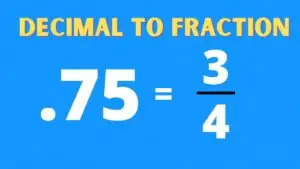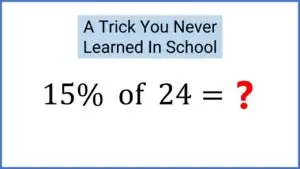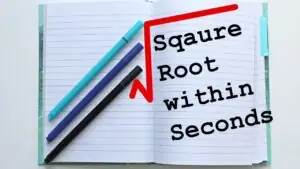TLDR
This video provides a step-by-step guide on how to effectively study mathematics. It covers essential steps such as gathering supplies (pencils, sharpener, timer, unlined paper), choosing a quiet study location, selecting a math book that interests and challenges you, and setting a timer for focused study sessions. It emphasizes understanding definitions and concepts, working through examples and exercises in the book, and reflecting on the study session to reinforce learning. The presenter also advises having a selection of math books for varied explanations and challenges, and encourages self-study to explore different mathematics topics.

✅ AI Essay Writer ✅ AI Detector ✅ Plagchecker ✅ Paraphraser
✅ Summarizer ✅ Citation Generator
This article is a summary of a YouTube video “How To Self-Study Math” by The Math Sorcerer
Key insights
- Select Quality Supplies: Use materials that make you comfortable and efficient in studying. High-quality pencils like Ticonderoga, a reliable sharpener, and unlined paper (as it may help in thinking more freely in mathematical contexts) are recommended.
- Choose Your Tools Wisely: Whether you prefer pencil or pen, choose the one that makes you feel more at ease. The comfort and familiarity with your tools can significantly impact your focus and efficiency.
- Set Up a Quiet Study Area: A quiet, secluded space is crucial for concentration. If a quiet home environment isn’t available, consider public or college libraries as alternatives.
- Pick the Right Math Book: Select a math book that is both interesting and challenging. Don’t get stuck in the selection process; any math book that you find intriguing is a good starting point. If you’re unsure, start with something familiar and gradually move to more challenging material.
- Use a Timer to Manage Study Sessions: Setting a timer, such as for an hour, helps in dedicating focused time to study without distractions.
- Understand Then Practice: Begin by understanding definitions and concepts, then move on to solving examples and exercises. Writing down definitions and concepts without looking at the book helps in memorization and deeper understanding.
- Challenge Yourself with Exercises: After going through a section, tackle the exercises at the end. This not only tests your understanding but also exposes you to problems that might not have direct examples in the text, pushing your problem-solving skills.
- Reflect Post Study Session: Take time after each session to reflect on what you learned and how you can improve further. This reflection helps in solidifying the knowledge gained and identifying areas that need more attention.
- Embrace Confusion as Part of Learning: It’s normal to encounter confusing concepts in mathematics. Use these moments as motivation to delve deeper and understand the material better in future study sessions.
- Build a Diverse Math Library: Having a range of math books at your disposal can offer different perspectives and explanations on the same topics, enhancing your understanding and keeping your study sessions varied and interesting.
Timestamped Summary
- 0:00 – 0:18 – Introduction to the video, emphasizing the importance of a structured approach to studying math for effective learning.
- 0:18 – 1:58 – Gathering supplies:
– Quality pencils (like Ticonderoga) for note-taking and problem-solving.
– A reliable sharpener, especially one that doesn’t require electricity for flexibility.
– Unlined paper, inspired by the practices of accomplished mathematicians.
– A simple timer to manage and time study sessions. - 1:58 – 2:25 – Importance of choosing a quiet study location for better concentration and productivity. Suggestions include small, secluded rooms or public libraries.
- 2:25 – 7:14 – Selecting and using a math book:
– Importance of picking a book that is interesting yet challenging.
– The recommendation to start with any math book if unable to decide.
– Advice on working through the book: understanding and writing down definitions, working through examples, and solving exercises.
– Tackling problems at the end of sections that may not have direct examples in the book, reinforcing the learning process. - 7:14 – 8:11 – Reflecting on the study session and the importance of embracing confusion as a part of learning. Encouragement to try different books and topics for a broader understanding.
Q&A
Follow us on Reddit for more insights and updates.





Comments (0)
Welcome to A*Help comments!
We’re all about debate and discussion at A*Help.
We value the diverse opinions of users, so you may find points of view that you don’t agree with. And that’s cool. However, there are certain things we’re not OK with: attempts to manipulate our data in any way, for example, or the posting of discriminative, offensive, hateful, or disparaging material.